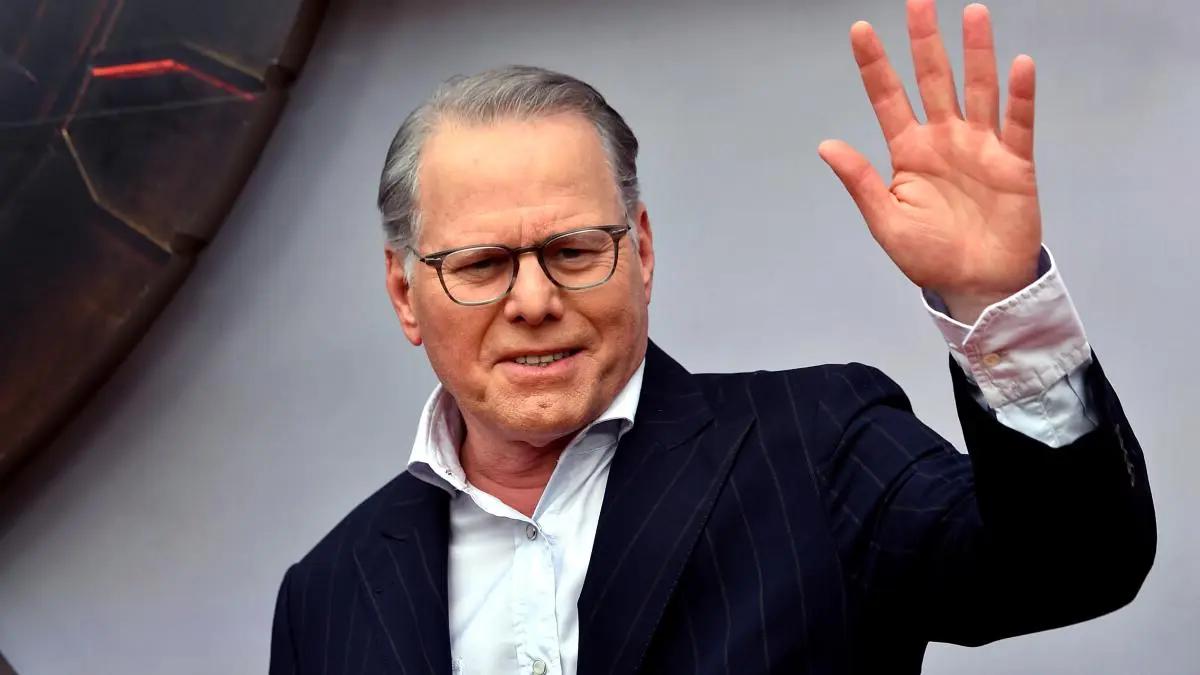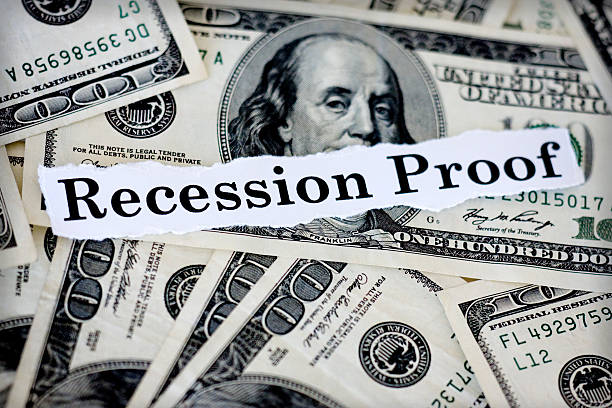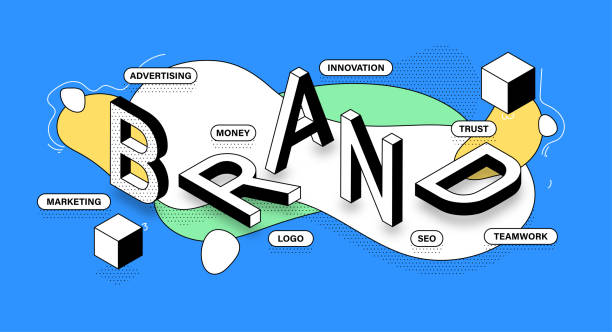David Zaslav’s Big Move: Ditching Cable to Keep The Crown
David Zaslaw has worked as many of the answers have done – for the power he has over cable.
Over the years, Zaslaw has emerged as the king of cable. He was the man behind the rise of Discovery, the guardian of the bundle and one of the seven stalwarts of television power. But times have changed, and now, Zaslaw has changed too. Personal, newsworthy news: Warner Bros. Discovery (WBD) is coming to an end – and Zaslaw’s price tag is on the rise.
It’s reported that HBO Max (Amex, Daily News and Warner), the universe studio that includes the TV empire and DC superheroes, is getting a boost. Meanwhile, his long-time TV-related business, the villain Windenfels, like the rest – TLC and HG legacy cable networks – are getting the lion’s share of WBD’s $37 billion development.
Yes, Zaslaw gets the crown jewels. Gunnar gets the rest and handsomely.
From Cable King to Hollywood Mogul
Zasli’s journey began in the late 1980s, when cable had become so pervasive that the Internet was the only way to survive. At NBC, he worked his way from cable to everything from TV to new media when “media” meant things like CD-ROMs and early web video. He helped launch MSNBC and managed Olympic broadcasts, growing his fortune from a commodity to an organization that shaped his empire.
In 2006, Zasli made the leap. He joined Discovery’s Onion, which at the time was setting up its own CEO documentaries. But Zasli had bigger plans. He expanded his portfolio by launching channels like OWN and Investigative Discovery, and later acquired the company Scripps, which owns Discovery and later HGTV and the Food Network.
He also brought back the Olympics this time, for a European audience.
For 15 years, he built and helped build a cable empire. He worked under media mogul John, dubbed the media mogul “cable cowboy,” and started one of the biggest in the industry. He was honored with awards, accolades, and even a Cable Hall of Fame in 2017.
But streaming made a difference. Zasla had to accept that, too. In 2020, he launched Discover+, a signal that he knew had changed. Still, he had been tied to cable for a long time.
You might like this also: Mickey Sherrill Scores Big Win in New Jersey Democratic Gubernatorial Race, Faces Ciattarelli
Warner Bros.’ Discovery Gamble
Around the same time, AT&T was realizing its mistake buying Time Warner for more than $100 billion. That deal took two years to complete and Saturday Night Live just three years to complete. In 2022, AT&T spun off WarnerMedia, Zasla says. The result: Warner Bros. Discovery, a $43 billion merger that came with a big pile of dev money and big changes.
For Zasla, the deal was personal. He got classic Hollywood right. He went for the old you Robert Evan and set up shop at Jack Warner’s legendary desk. With WBD, he got a real movie studio, including the prestigious HBO record, CNN and Turn Sports including the NBA.
That proper movie mogul.
And the food? Not bad at all. Zasla was making about $50 million a year before, and even more in his later years. He had a powerful platform and a leading edge. But the business? It didn’t go according to plan.
Remember The Market Crash
WBD’s stock launched at $42 in April 2022 – It’s now around $10. Streaming is profitable same. But it was very successful of late in attracting investors. The film side was winning, but the plate was losing. Cable cramming was slipping fast. NBA rights were lost. CNN flopped, and the wildly popular CNN+ lasted only a month.
To make matters worse, Zaslys publicly became a punching bag. The show, including the nearly complete Batgirl, was put on hold due to technology write-offs and security concerns. Creatives, critics, and audiences all criticized this. During the writers’ and artists’ strike, he was seen as one of the villains of corporate Hollywood.
Meanwhile, the debt kept mounting. WBD was in bounds, and time was running out. So Zaslys called. He split the company.
What Happens Now?
Zasly walks away with WBD’s best. He owns HBO still the most respected name in television and the Warner Bros. studio lot, which is a pretty sweet deal for any movie executive. He holds onto DC, which is trying to catch up with Marvel. And he’s no longer tied to cable or its official profits.
He also owes most of the company’s debt to Wiedenfels. The acquisition gives Zassle a clean balance sheet for the future of Warner Bros. and HBO. If all goes well, he could make the full merger a disaster, turning the resulting media powerhouse into a formidable country one that could rival Netflix, Disney and Amazon in strength.
For Zassle, this is the mogul he’s chasing. He’s escaped the cable crunch, leaving the strings dangling, and has won a soul-stirring rendition of Hollywood’s highest honor. It hasn’t been pretty. But in the end, it worked – at least for him.
Read Next: Why Your Costco Card Won’t Get You Through The TSA Checkpoint
Summary
David Zaslav made a big bet on old-fashioned media as it (slowly) adapted to the streaming age. He held on to cable for as long as he could longer than most people and paid the price. But now, after years of messy mergers, failed launches, public backlash, and mountains of debt, he has severed ties with cable and walked away with what really matters: content and control.
The split may not solve everything, but it gives Zaslav a fresh start and one more shot at building the kind of media empire he always dreamed of. Whether it works or not, one thing is clear: Zaslav is no longer Mr. Cable.
Now, he is Mr. Hollywood.







